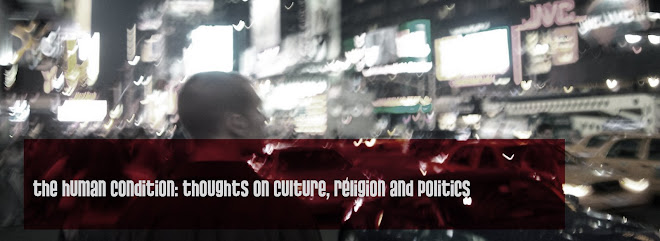I've been trying to educate myself on the financial mess lately, but the more I read and listen the more questions I have. How soon and how intense does the government need to act? Should the bail out be smaller than 700B? How can the people be protected, while allowing the responsible parties to reap the deserved consequences? Should we have a bail out at all? Is the government to blame? What I think everyone agrees on is that it all boils down to greed. But here's what I've been reading lately.
From Ron Paul:
"The solution to the problem is to end government meddling in the market. Government intervention leads to distortions in the market, and government reacts to each distortion by enacting new laws and regulations, which create their own distortions, and so on ad infinitum.
It is time this process is put to an end. But the government cannot just sit back idly and let the bust occur. It must actively roll back stifling laws and regulations that allowed the boom to form in the first place.
The government must divorce itself of the albatross of Fannie and Freddie, balance and drastically decrease the size of the federal budget, and reduce onerous regulations on banks and credit unions that lead to structural rigidity in the financial sector."
-There's probably much truth to this, but I strongly disagree with the idea of just letting the market do it's thing.
From Fareed Zarkaria:
"The first task remains to bolster confidence. The next is to devise a workable and flexible plan to dispose of the mountains of assets that the government is taking over. Then, after some thought and analysis, should come the fixes needed to better structure America's massive and complex financial markets.
Some problems require more regulations. Firms that are deemed too large to fail should also be deemed too large to be leveraged at 35 to 1. Some problems require better regulations. For instance, the rule forcing financial institutions to mark their assets down to "market prices"—even when these are distressed prices and firms do not intend to sell the assets any time soon—created a crazy downward spiral. Still other problems require less state intervention. Why should the government insure Fannie Mae's risky profit-seeking behavior?
This crisis should put an end to false debates about government versus markets. Governments create markets, and markets can exist only with regulation. If you want to be truly free of regulation, try Haiti or Somalia. The real trick is to craft good regulations that allow markets to work well. No regulatory structure will be perfect, none will eliminate risk, nor should they. At best they can tame the wildest gyrations of the market economy while maintaining its efficiency."
-I especially like his point: "If you want to be truly free of regulation, try Haiti or Somalia."
From Robert Samuelson:
"Greed and fear, which routinely govern financial markets, have seeded this global crisis. Just when it will end isn't clear. What is clear is that its origins lie in the ways that Wall Street -- the giant investment houses, brokerage firms, hedge funds and "private equity" firms -- has changed since 1980."
-This is a great and informative column.
From Paul Krugman:
"I have a four-step view of the financial crisis:
1. The bursting of the housing bubble has led to a surge in defaults and foreclosures, which in turn has led to a plunge in the prices of mortgage-backed securities — assets whose value ultimately comes from mortgage payments.
2. These financial losses have left many financial institutions with too little capital — too few assets compared with their debt. This problem is especially severe because everyone took on so much debt during the bubble years.
3. Because financial institutions have too little capital relative to their debt, they haven’t been able or willing to provide the credit the economy needs.
4. Financial institutions have been trying to pay down their debt by selling assets, including those mortgage-backed securities, but this drives asset prices down and makes their financial position even worse. This vicious circle is what some call the “paradox of deleveraging.”...
The logic of the crisis seems to call for an intervention, not at step 4, but at step 2: the financial system needs more capital. And if the government is going to provide capital to financial firms, it should get what people who provide capital are entitled to — a share in ownership, so that all the gains if the rescue plan works don’t go to the people who made the mess in the first place.
That’s what happened in the savings and loan crisis: the feds took over ownership of the bad banks, not just their bad assets. It’s also what happened with Fannie and Freddie. (And by the way, that rescue has done what it was supposed to. Mortgage interest rates have come down sharply since the federal takeover.)
But Mr. Paulson insists that he wants a “clean” plan. “Clean,” in this context, means a taxpayer-financed bailout with no strings attached — no quid pro quo on the part of those being bailed out. Why is that a good thing? Add to this the fact that Mr. Paulson is also demanding dictatorial authority, plus immunity from review “by any court of law or any administrative agency,” and this adds up to an unacceptable proposal."

No comments:
Post a Comment